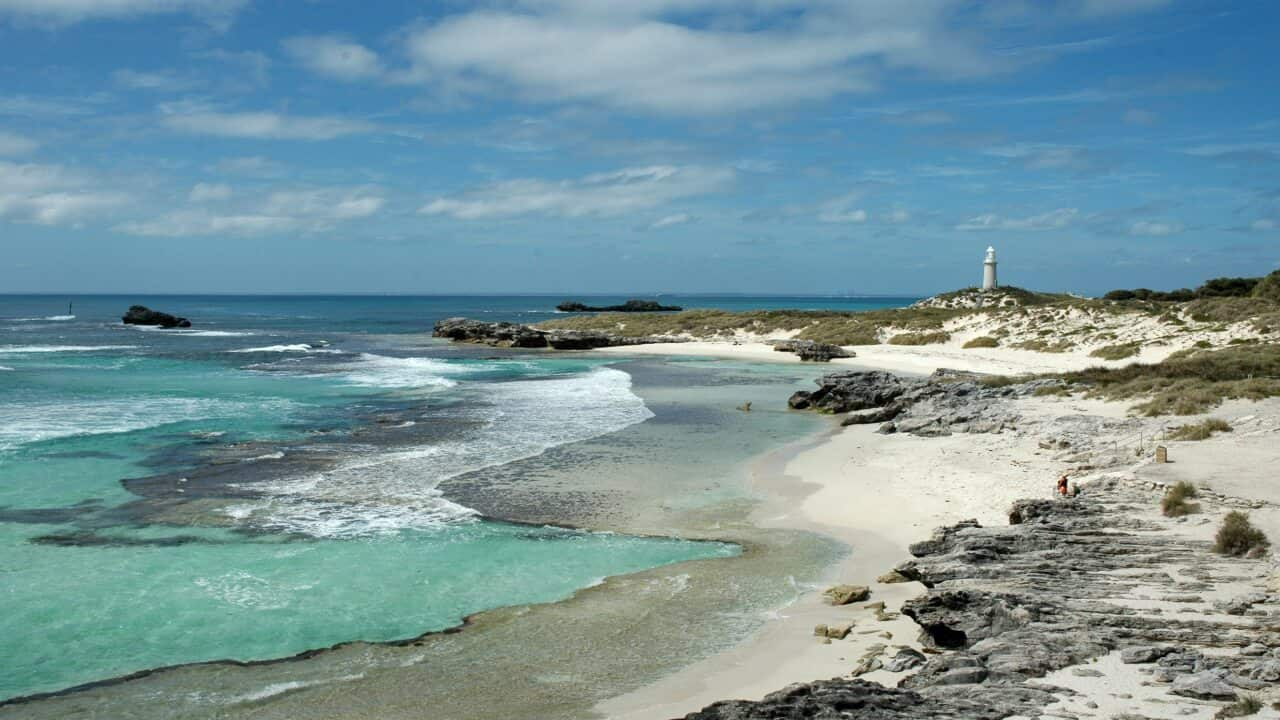Keen Arnhem Land students both young and old will now be able to search the Atlas of Living Australia for information about native plants and animals in their own language.
Some 2500 entries were translated into eight Aboriginal languages, with school students, researchers and curious wildlife observers now able to search for them in their local lingo, alongside Latin and English.
The atlas is the 'national biodiversity database' according to the CSIRO website, cataloguing information about the country's native flora and fauna, to which anyone has free access.
Local rangers, the Ngukurr Language Centre and Traditional Owners all contributed to the new additions, which were officially launched on Thursday at Ngukurr School.
There are also links to further information that details Indigenous knowledge about caring for country.
Language central to closing the gap
Nat Raisbeck-Brown leads the Indigenous ecological knowledge program that's aiding the evolution of the atlas - a national database that provides free online access to a vast repository of information about Australia's biodiversity.
She says it's an important and empowering thing for Indigenous Australians, including the rangers of the future, to be able to search the database in their own language.
It's the third, and the largest, tranche of Indigenous names added so far, and there are plans to continue the cultural evolution of the atlas into the future. "More and more, language is seen as one of the most important things for closing the gap. The revival and revitalisation of Aboriginal and Torres Strait Islander languages is an important link for people to step back into knowledge and culture," she says.
"More and more, language is seen as one of the most important things for closing the gap. The revival and revitalisation of Aboriginal and Torres Strait Islander languages is an important link for people to step back into knowledge and culture," she says.

Julie Roy, Yugul Mangi Rangers Assistant Ranger Coordinator, also contributed to the project. Source: Supplied
"And sometimes, it's the first step back in.
"The kids... when they look up one of the animals they see around, they can now see their own knowledge about it, instead of what we think about it. If we bring the two knowledge systems together, there's a great belief in science that it's a better way to manage country."
The atlas team worked with Yugul Mangi rangers and Macquarie University researchers on new additions that span eight languages: Kriol, Marra, Ritharrηu/Wӓgliak, Ngandi, Wubuy, Ngalakgan, Alawa and Rembarrnga.
Yugul Mangi assistant ranger coordinator Julie Roy, who speaks Ngalakan and Ngandi languages, says the project has resulted in shared scientific benefits while also helping to keep local languages alive.
"It was very interesting for me to learn both the scientific names and local language names for the species and it's also good for the kids to be able to search these species online to learn more about local languages," she says.
Macquarie University researcher Emilie Ens says the work recognises the deep traditions of First Nations peoples.
"It's long overdue yet is increasingly seen as essential for effective management of Australia's environments."













